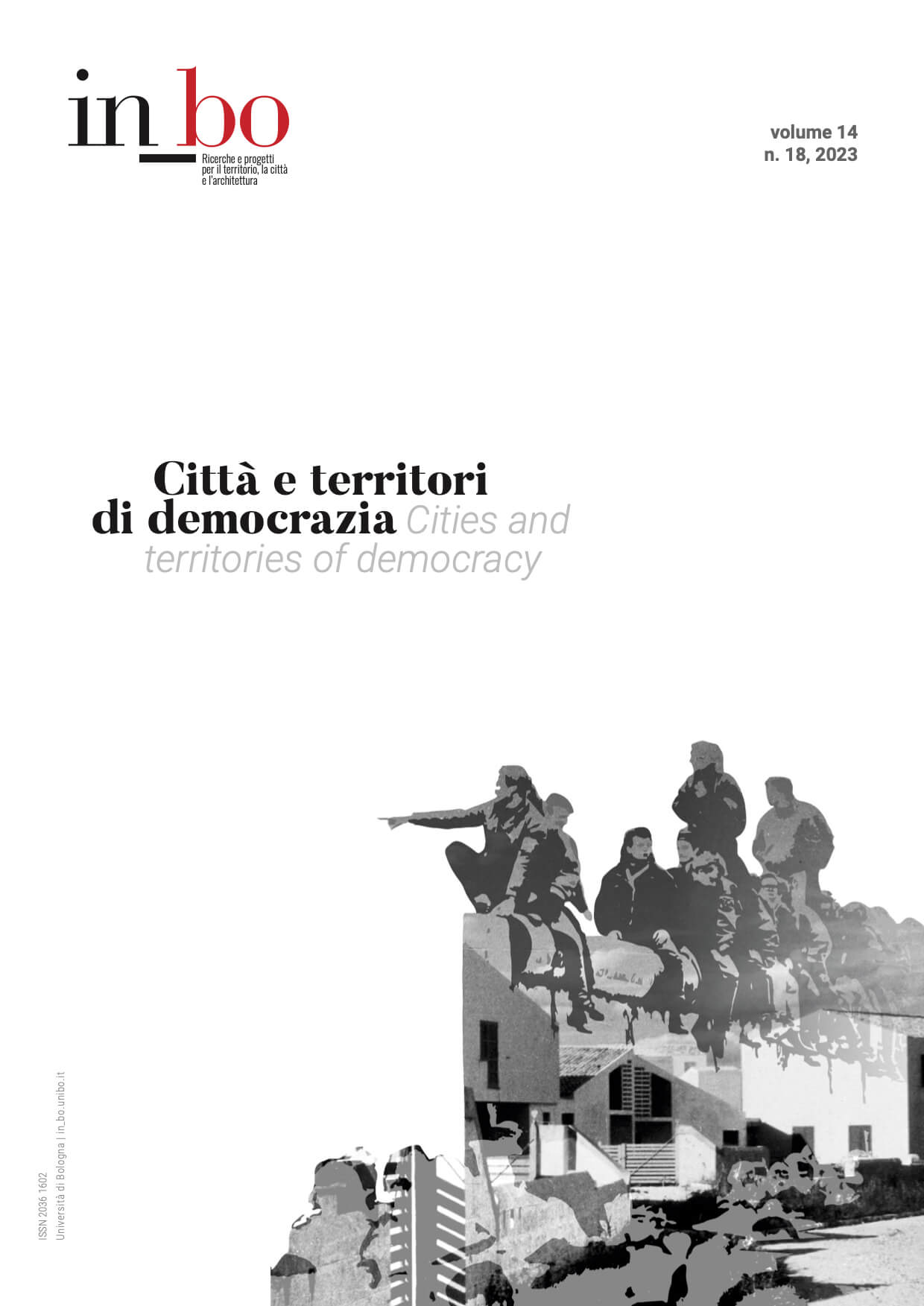To the Rhythm of Jazz. The Democratic Construction Site of Arquitetura Nova
DOI:
https://doi.org/10.6092/issn.2036-1602/14842Keywords:
self-construction, participative processes, democratize construction site, Brazilian architecture, Arquitetura NovaAbstract
Collective self-construction sites are children of the time of crisis. They represent, when economic conditions turn into social urgency, an emergency solution, but at the same time experimental, connoting themselves as real architectural laboratories, with a strong democratic impulse.
Starting from the description of some construction practices, implemented in São Paulo Metropolitan Region, the contribution proposes a critical reading of the theoretical speculations at the origin of these virtuous practices, recognized as a legacy of the design research of the 1960s-1970s of the Arquitetura Nova group. Indeed, the investigations of Sérgio Ferro, Rodrigo Lefèvre and Flávio Império inspired, and permeated, the organization of the site for houses and collective spaces areas, intended for the population without access to the housing market.
Arquitetura Nova's aspirations and experiments confirm the affirmation of new management and realization processes. The constructive paradigm is completely overturned in order to break down the boundary between intellectual and manual labor. The project, designed a priori, loses its role to give way to individual contribution.
The production of the group, partly or not at all known in Italy, focuses on a constant dialogue between all the actors involved in the construction: the challenge is to build some houses according to new relations and productive reasons.
Downloads
Published
How to Cite
Issue
Section
License
Copyright (c) 2023 Francesca Sarno

This work is licensed under a Creative Commons Attribution-NonCommercial 3.0 Unported License.





